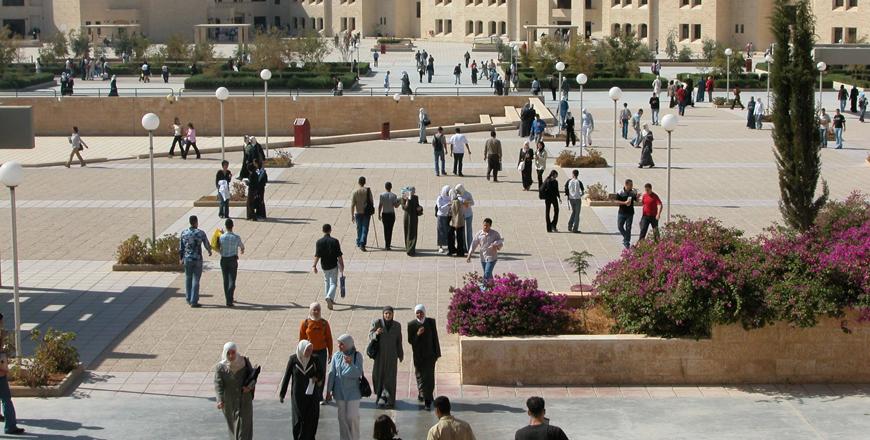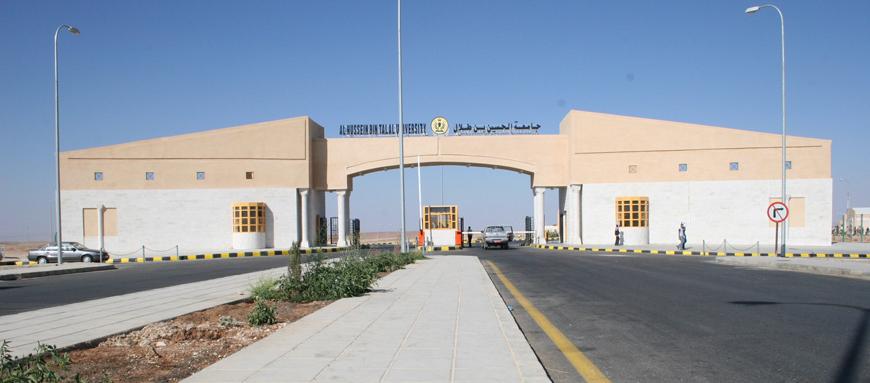You are here
Council shelves decision to raise admission averages
By Khetam Malkawi - Aug 02,2015 - Last updated at Aug 02,2015
AMMAN — The Higher Education Council (HEC) on Sunday decided to freeze a decision it adopted last month to raise the minimum admission rates for the Kingdom’s universities by 5 per cent.
Instead, required averages in some majors were lowered.
Minister of Higher Education Labib Khadra said that after studying the results of the General Secondary Education Examination (Tawjihi), the council decided to keep threshold rates for the Kingdom’s public and private universities without change.
Last month, the HEC decided to raise the minimum score for enrollment in state-run universities from 65 to 70 and at private universities from 60 to 65, starting in the 2015-2016 academic year. However, activists and lawmakers objected to the decision, prompting the government to refer the new admission criteria to the council for further examination.
The minister noted that 28,573 students passed Tawjihi this year with a score of 65 per cent and above, which qualifies them to study at public universities, which can absorb at least 31,000 freshmen.
The council will meet next week to decide on the final number of admitted students.
The minister stressed that the minimum admission average is “not a red line” and will be revisited next year, also based on the Tawjihi results.
Khadra also announced lowering the threshold score for some programmes in both public and private universities, including journalism and visual and interaction design at public universities subjects, from 70 per cent to 65 per cent.
The threshold mark for agricultural sciences, law and Sharia was also re-set at 65 per cent, instead of 70 per cent, in both public and private universities. The medical sciences admission rate was also reduced to 70 per cent from 75 per cent in both public and private higher education institutions.
The HEC also decided to restrict admission in some subjects such as early childhood development, child studies and kindergarten education to female students based on a recommendation by the Civil Service Bureau.
Of the total annual admissions, 20 per cent of the seats are allocated for children of military personnel, 5 per cent for children of teachers, 10 per cent for graduates of schools that are classified as “underprivileged”, 350 seats are for students from Palestinian refugee camps and 15 seats are allocated for children of martyrs.
Also on Sunday the council approved the establishment of a medical school at the Balqa Applied University and recommended that it accept 62 students in the upcoming academic year. This raises number of universities that has medicine faculties to five including the University of Jordan, Jordan University for Science and Technology, Mutah and Yarmouk universities.
The council also decided that students interested in studying architecture at any of the Kingdom’s universities should apply directly.
As for the applications for universities through the unified admission list for the upcoming academic year, Ghaleb Hourani, head of the unified admission unit, the process will start either Tuesday or Wednesday depending on the preparations.
Related Articles
AMMAN — The Higher Education Council (HEC) will meet on Sunday to discuss possible changes to the minimum admission score to the Kingdom’s p
AMMAN — The Higher Education Council will next week finalise the unified admission criteria for public universities, to go into effect in th
AMMAN — Higher Education Minister Labib Khadra on Thursday said 24,723 students have been accepted at public universities through the Unifie













